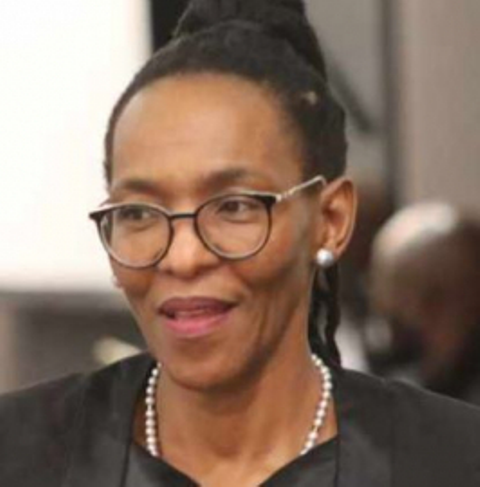Chief Justice Mandisa Maya Launches Sexual Harassment Policy for Judiciary
The OCJ highlighted that sexual harassment within the Judiciary is more than an individual offence—it undermines the rule of law itself by eroding public confidence in the courts.

- Country:
- South Africa
Chief Justice Mandisa Maya has unveiled a Sexual Harassment Policy for the South African Judiciary, a first-of-its-kind institutional framework designed to protect the dignity of all who work in or interact with the country’s courts. Announced by the Office of the Chief Justice (OCJ), the policy reflects the Judiciary’s determination to safeguard its integrity, ensure accountability, and foster a workplace free from abuse, intimidation, and discrimination.
Purpose and Core Principles of the Policy
The new policy is built on four foundational principles:
-
Zero tolerance for sexual harassment by or against any judicial officer, court staff member, or individual interacting with the Judiciary.
-
Confidential and fair complaint procedures to report and address grievances, with protection against victimisation or retaliation.
-
Strict accountability through disciplinary consequences for those found guilty of misconduct.
-
A safe, respectful, and discrimination-free work environment that upholds constitutional rights and human dignity.
According to the OCJ, the policy is not just an administrative tool but a moral and constitutional imperative, reinforcing the courts’ obligation to lead by example in upholding the values of equality and justice.
A Necessary and Urgent Intervention
Chief Justice Maya described the initiative as both “necessary” and “urgent”, stating:
“The Judiciary cannot dispense justice to society if it does not first ensure it within its own ranks. Sexual harassment is a gross abuse of power, a denial of equality, and a stain on the legitimacy of the courts. We are going to tackle it head on and this Policy will be a very useful mechanism in that battle.”
She stressed that the Judiciary’s credibility depends not only on the judgments it delivers but also on the ethical conduct of its members. “This is not merely a document; it is a covenant with the people of South Africa. We must lead by example,” she said.
Upholding Judicial Integrity and Public Trust
The OCJ highlighted that sexual harassment within the Judiciary is more than an individual offence—it undermines the rule of law itself by eroding public confidence in the courts. The policy explicitly aligns with the Bangalore Principles of Judicial Conduct and South Africa’s own Judicial Codes of Conduct, both of which demand the highest ethical standards from judges and magistrates.
The framework also addresses the cultural and institutional barriers that often prevent victims from coming forward. It provides a confidential, victim-centred approach to reporting, coupled with clear investigative protocols and measures to ensure fairness for all parties.
Embedding a Culture of Accountability
By formalising expectations and procedures, the policy aims to entrench a culture of accountability, respect, and zero tolerance within court environments. Training and awareness programmes will accompany its rollout to ensure that judicial officers, staff, and associated personnel fully understand their rights, responsibilities, and the consequences of misconduct.
Accessibility and Transparency
The policy is publicly accessible at the Judiciary’s official website: Judiciary Sexual Harassment Policy, signalling transparency and the institution’s openness to public scrutiny.
Setting a Precedent for Institutions Nationwide
Legal analysts have noted that the policy could serve as a model for other public institutions, reinforcing the principle that justice begins within the institutions that deliver it. By confronting sexual harassment directly, the Judiciary sends a message that misconduct will not be tolerated at any level, and that ethical leadership is non-negotiable in a constitutional democracy.










